Aloe Vera has been admired for ages for its many health benefits, used in everything from ancient remedies to modern health trends. It’s used in lotions, pills, and even makeup. But one thing people don’t often talk about is how it might affect testosterone levels and men’s health.
Aloe Vera, enriched with essential nutrients, has been suggested to potentially boost testosterone levels. Yet, the key question remains: Does Aloe Vera Increase Testosterone?
This exploration seeks to uncover the scientific evidence behind Aloe Vera’s impact on testosterone, evaluating its real benefits. Now, it’s time to explore the complex relationship between Aloe Vera and Testosterone together!
You should also read the following articles:
- Can Belly Fat Cause Erectile Dysfunction? How to Reverse It?.
- Disadvantages of Releasing Sperm Daily: Key Insights.
- Does Turmeric Help with Erectile Dysfunction? Explore Now.
Does Aloe Vera Increase Testosterone?
Aloe vera is packed with nutrients like aspartic acid, arginine, and magnesium, which are thought to have a role in potentially increasing testosterone levels.
Aspartic acid helps in testosterone production, arginine encourages its release, and magnesium prevents deficiency, all aiding in hormonal balance and potentially enhancing testosterone.
However, relying solely on aloe vera may not lead to significant increases in testosterone levels overnight. Instead, it’s best seen as a part of an overall healthy lifestyle.
By incorporating aloe vera into a routine that includes regular exercise, a balanced diet, and quality sleep, you can support your body’s natural testosterone production over time.
Notes:
- Remember, individual responses may vary, so it’s essential to monitor how your body reacts and consult with a healthcare professional if you have concerns.
- Aloe vera can be a beneficial addition to your health regimen, but it’s not a magic solution. Consistency and patience are key.
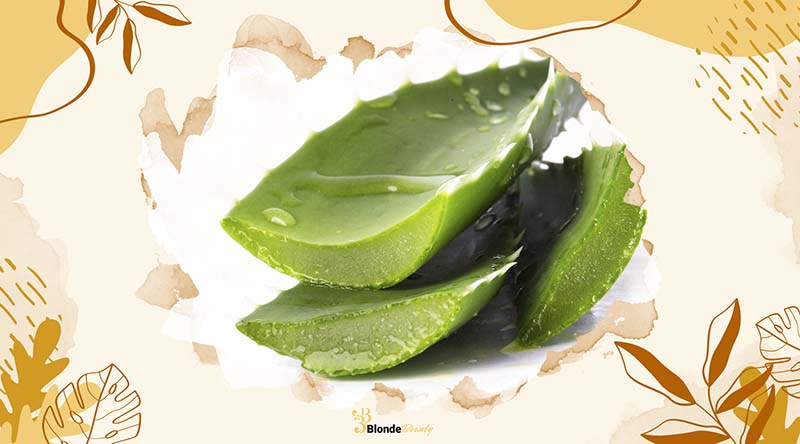
Nutritional Value of Aloe Vera
Aloe vera is packed with numerous essential nutrients that contribute to its health-promoting properties. Here’s a breakdown of some of its key components:
- Vitamins: Aloe vera contains a variety of vitamins including A (beta-carotene), B1 (thiamine), B2 (riboflavin), B3 (niacin), B9 (folic acid), B12 (cobalamin), C, and E. These vitamins play vital roles in various bodily functions, from immune support to skin health.
- Choline: Choline is an essential nutrient that plays a role in brain health, liver function, and metabolism.
- Minerals: Aloe vera is rich in minerals such as calcium, chromium, copper, magnesium, manganese, potassium, selenium, sodium, and zinc. These minerals are important for bone health, nerve function, and electrolyte balance.
- Enzymes: Aloe vera contains multiple enzymes that aid in the breakdown of fats and sugars, as well as reducing skin inflammation. These enzymes contribute to the plant’s digestive and anti-inflammatory properties.
- Sugars: Aloe vera contains sugars that provide energy and may have soothing effects on the digestive system.
- Fatty Acids: Aloe vera contains fatty acids, including plant cholesterol, which are important for cell membrane structure and function.
- Amino Acids: Aloe vera is a rich source of amino acids such as aspartic acid, leucine, isoleucine, glutamic acid, serine, arginine, valine, and alanine. These amino acids are the building blocks of protein and play crucial roles in various bodily processes.
Incorporating aloe vera into your diet or skincare routine can provide you with these beneficial nutrients, supporting overall health and well-being.
Notes: Aloe vera can be consumed orally as a juice or added to smoothies, or applied topically as a gel for skincare purposes.
Other Benefits of Aloe Vera
In addition to its nutritional value, aloe vera offers several other noteworthy benefits for skin health and overall well-being:
Improves Skin Inflammation
Aloe vera has anti-inflammatory properties that can reduce redness and irritation, providing quick relief for irritated skin.
It also aids in the healing process by promoting collagen synthesis and enhancing blood flow to the affected area. By forming a gentle barrier, aloe vera protects the skin from environmental aggressors while allowing it to breathe freely.
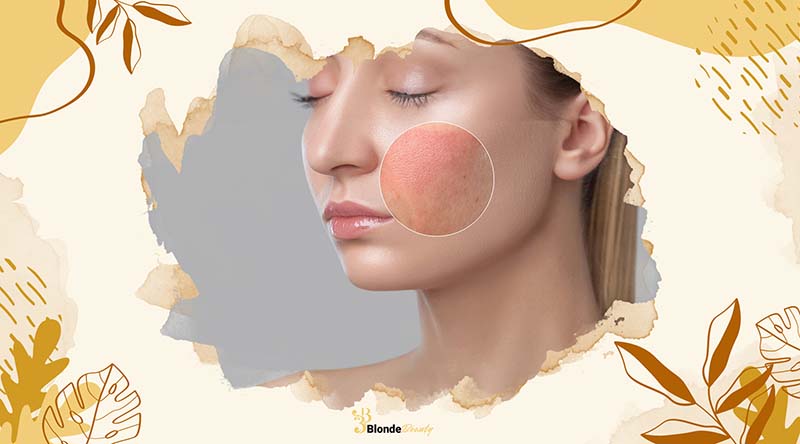
Soothe Sunburn
Aloe vera gel is renowned for its ability to alleviate the pain and heat associated with sunburns. It may also help reduce peeling and itching as the burn heals.
Additionally, aloe vera is effective in treating other types of first- and second-degree burns, thanks to its wound-healing properties.
Treatment of Oral Lichen Planus
Research suggests that aloe vera gel may be beneficial in managing oral lichen planus, an inflammatory condition characterized by redness and white patches inside the mouth. If recommended by a healthcare professional, aloe vera gel may need to be applied twice daily for up to 8 weeks to achieve optimal results.
Incorporating aloe vera into your skincare routine or following your healthcare provider’s recommendations for oral conditions can harness these additional benefits, supporting your overall health and comfort.
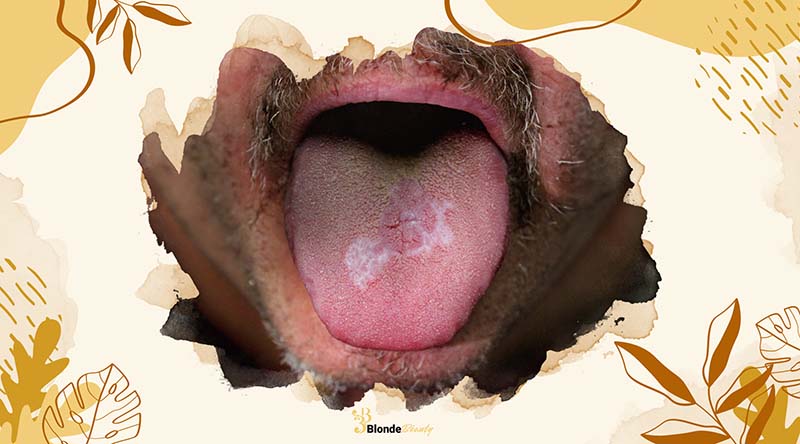
Risks and Side Effects When Using Aloe Vera
When taking aloe gel by mouth, it’s generally safe for short-term use. A daily dose of 15 mL for up to 42 days is considered safe. Also, a specific gel product (Aloe QDM complex by Univera Inc) can be used without issues at about 600 mg daily for up to 8 weeks.
However, it’s crucial to note that consuming aloe latex or whole-leaf extract orally can be dangerous, regardless of the amount. Aloe latex, especially in high doses, may cause stomach pain and other adverse effects.
Long-term or large doses of aloe latex are particularly risky and could lead to serious health problems, including issues with your kidneys and heart. In severe cases, taking as little as 1 gram of aloe latex daily has been linked to fatal outcomes.
Notes: Always purchase aloe vera products from reputable sources to ensure quality and safety.
Instructions for Using Aloe Vera Properly
Using Aloe Vera on Your Skin:
- Direct Application: Cut an aloe leaf open, scoop the gel out with a spoon, and apply it to clean, dry skin.
- DIY Beauty Products: Mix aloe gel into your homemade skincare recipes or with other natural ingredients for added benefits.
Eating or Drinking Aloe Vera:
- Mix It Up: Sprinkle some aloe gel into your smoothies, drinks, or any recipe you like to boost its nutritional value.
- Make Aloe Juice: Simply blend 2 tablespoons of aloe gel with 1 cup of your favorite liquid (water, juice, coconut water) for a refreshing drink. Adding fruits or other flavors makes it even more delicious.
- Snack on Fresh Slices: For a quick, healthy snack, eat slices of aloe gel soon after cutting for the freshest taste. If you’re not eating them right away, pop them in the fridge for a bit or freeze them to keep them fresh.
These steps help you enjoy aloe vera’s benefits safely and effectively, whether you’re using it on your skin or in your diet.
Notes: Exercise caution when consuming aloe vera, especially if you’re using it for the first time or have any allergies or sensitivities.
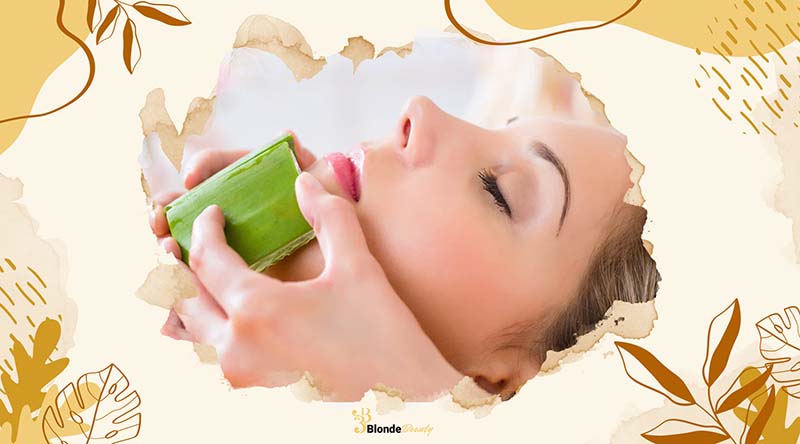
Does Aloe Vera Help Erectile Dysfunction?
While there are claims on the internet suggesting that aloe vera may enhance penile blood flow, these assertions lack substantial evidence. In fact, relying on aloe vera for the treatment of erectile dysfunction (ED) may not be advisable due to potential risks.
Animal studies have demonstrated adverse effects on male sexual health associated with aloe vera, including reduced testosterone levels, decreased sperm quality, and impaired fertility. Therefore, the efficacy of aloe vera in treating ED remains uncertain and potentially risky.
It’s essential to discuss any concerns regarding ED with your doctor, who can provide guidance on suitable treatment options. It’s advisable to avoid using unproven home remedies for ED and instead rely on medically validated approaches.
Notes: Erectile dysfunction is a complex medical condition that may have underlying causes requiring professional diagnosis and treatment.
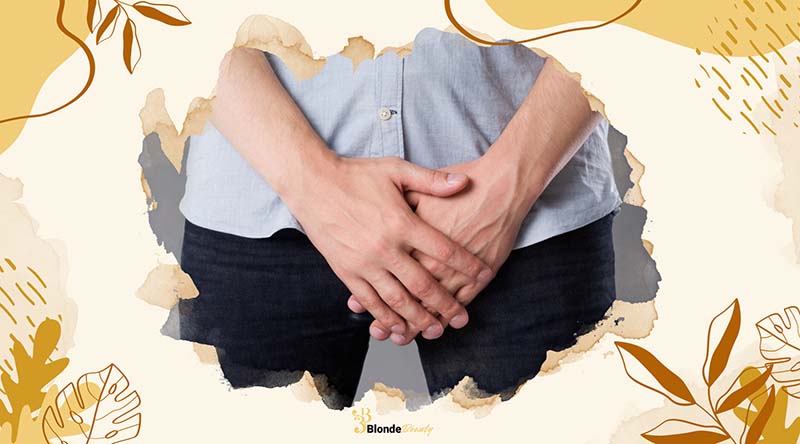
Conclusion
In conclusion, while aloe vera contains nutrients beneficial for testosterone production, the amounts found in aloe vera are relatively small. Therefore, relying solely on aloe vera for a significant increase in testosterone levels would likely be ineffective, considering the time it would take to see noticeable results due to the limited quantities of these nutrients.
For individuals seeking to enhance testosterone levels more effectively and efficiently, using a dedicated testosterone booster may be a more practical approach. Quality testosterone boosters are formulated with carefully selected ingredients in appropriate doses, specifically designed to safely and effectively increase testosterone levels.
By opting for a testosterone booster with well-researched and precisely dosed ingredients, individuals can target testosterone enhancement more directly and potentially achieve desired results more efficiently than relying solely on aloe vera.
For more insightful articles on health and wellness, be sure to explore additional blogs from Blonde Beauty.

Laureate Professor Clare Collins
Professor Clare Collins is a leading expert in nutrition and dietetics at the School of Health Sciences, part of the College of Health, Medicine and Wellbeing. Her work is changing the way we think about food and health. She grew up as one of nine children and was the first in her family to finish high school and go to college. This background gave her a strong work ethic and a deep appreciation for seizing opportunities.
As the Director of the Hunter Medical Research Institute’s Food and Nutrition Program and a recipient of three NHMRC Research Fellowships, Professor Collins is making a big difference in public health. She focuses on helping people who are often overlooked, using new technologies like apps and online programs to improve their nutrition and reduce the risk of chronic diseases.
Professor Collins is well-respected and has been recognized as a Fellow in four major health and science organizations. She leads a diverse team of experts, including dietitians, computer scientists, and engineers, working together on global health projects.
Her achievements are impressive. She has received over $29 million in research funding, published more than 450 papers, and helped 35 PhD and Master’s students complete their degrees. She’s also active in sharing her knowledge with the public. She has developed tools like the Australian Eating Survey and the Healthy Eating Quiz, and she often appears in the media to talk about nutrition.
PUBLISHED ARTICLES
- Collins, C. (2019). “The Effect of a Pilot Dietary Intervention on Pain Outcomes in Patients Attending a Tertiary Pain Service.”
- Collins, C. (2022). “Variation in cardiovascular disease risk factors among older adults.”
- Collins, C. (2022). “Evaluation of an online intervention for improving stroke survivors’ health-related quality of life: A randomised controlled trial.”
These articles show Professor Collins’s commitment to understanding how better nutrition can improve health. Her work is important for researchers, doctors, and anyone interested in healthy living.
